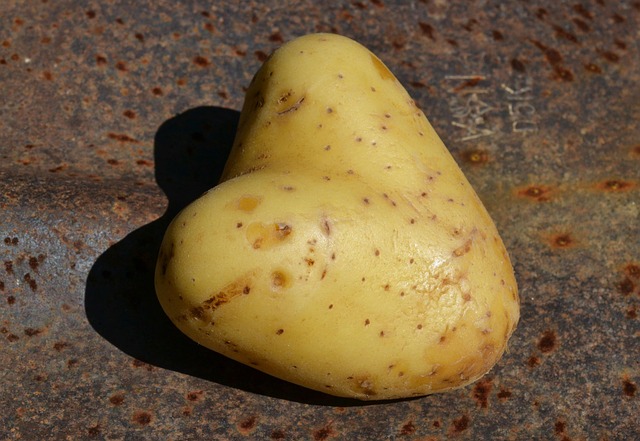Chemical Name: Amylose
Source: Potato
CAS Number: 9005-82-7
Molecular Formula: (C₆H₁₀O₅)ₙ
Appearance: White to off-white powder
Solubility: Sparingly soluble in cold water; soluble in hot water
Overview
Amylose is a linear polysaccharide composed of α(1→4)-linked D-glucose units. Extracted from potatoes, it forms one of the two main components of starch (the other being amylopectin). Unlike amylopectin, amylose has a simpler, unbranched structure, which significantly influences its physical and chemical properties. This makes it a valuable biopolymer in various industrial and scientific applications outside of food technology.
Key Properties
– Biodegradable: Naturally breaks down in the environment, making it eco-friendly.
– Film-Forming: Can form strong, flexible films when processed correctly.
– Water Interaction: Exhibits limited cold water solubility but swells and dissolves in hot water.
– Complex Formation: Able to form inclusion complexes with hydrophobic molecules.
Industrial and Non-Food Applications
1. Biodegradable Plastics and Packaging
Amylose’s film-forming capabilities are being leveraged in the development of biodegradable plastics. These starch-based polymers offer an environmentally friendly alternative to petroleum-derived plastics, suitable for use in packaging materials, agricultural films, and disposable goods.
2. Pharmaceutical Excipients
In the pharmaceutical industry, amylose is explored as a binder and disintegrant in tablet formulations. Its controlled release properties can be harnessed in drug delivery systems, particularly for time-release capsules or coatings.
3. Cosmetic and Personal Care
Amylose can be used as a thickener, stabilizer, or texture modifier in various cosmetic formulations. Its natural origin and biodegradability make it appealing for eco-conscious beauty and hygiene product lines.
4. Textile Industry
In textile manufacturing, amylose from potato starch can be used as a warp sizing agent. It improves thread strength and reduces friction during weaving, thereby enhancing efficiency and reducing damage to yarns.
5. Paper and Adhesive Industry
As a binder and surface sizing agent, amylose improves the printability, strength, and finish of paper products. It is also used in adhesives for its strong bonding capabilities, especially in eco-friendly and recyclable packaging.
6. Nanomaterials and Biotechnology
Amylose is being researched for its potential in producing nanomaterials, such as nanofibers or nanocomposites. Its ability to form inclusion complexes is of interest in drug encapsulation, biosensors, and bio-compatible materials for medical devices.
Safety and Handling
While amylose is generally considered safe and non-toxic, proper handling practices should be observed:
– Avoid dust inhalation.
– Use in well-ventilated areas or under fume hoods.
– Wear protective gloves and eyewear when handling bulk material.
Storage
– Store in a cool, dry place.
– Keep container tightly sealed.
– Protect from moisture and direct sunlight.
Conclusion
Amylose derived from potatoes (CAS: 9005-82-7) is more than just a food starch. Its molecular structure and renewable origin make it a versatile material in numerous non-edible applications, ranging from sustainable packaging to high-tech nanomaterials. As industries seek greener, more sustainable alternatives, amylose stands out as a naturally derived, biodegradable solution for the future.
City Chemical LLC is a top producer of chemicals like: Amylose, Potato (CAS #: 9005-82-7).
Visit City Chemical at www.citychemical.com.

